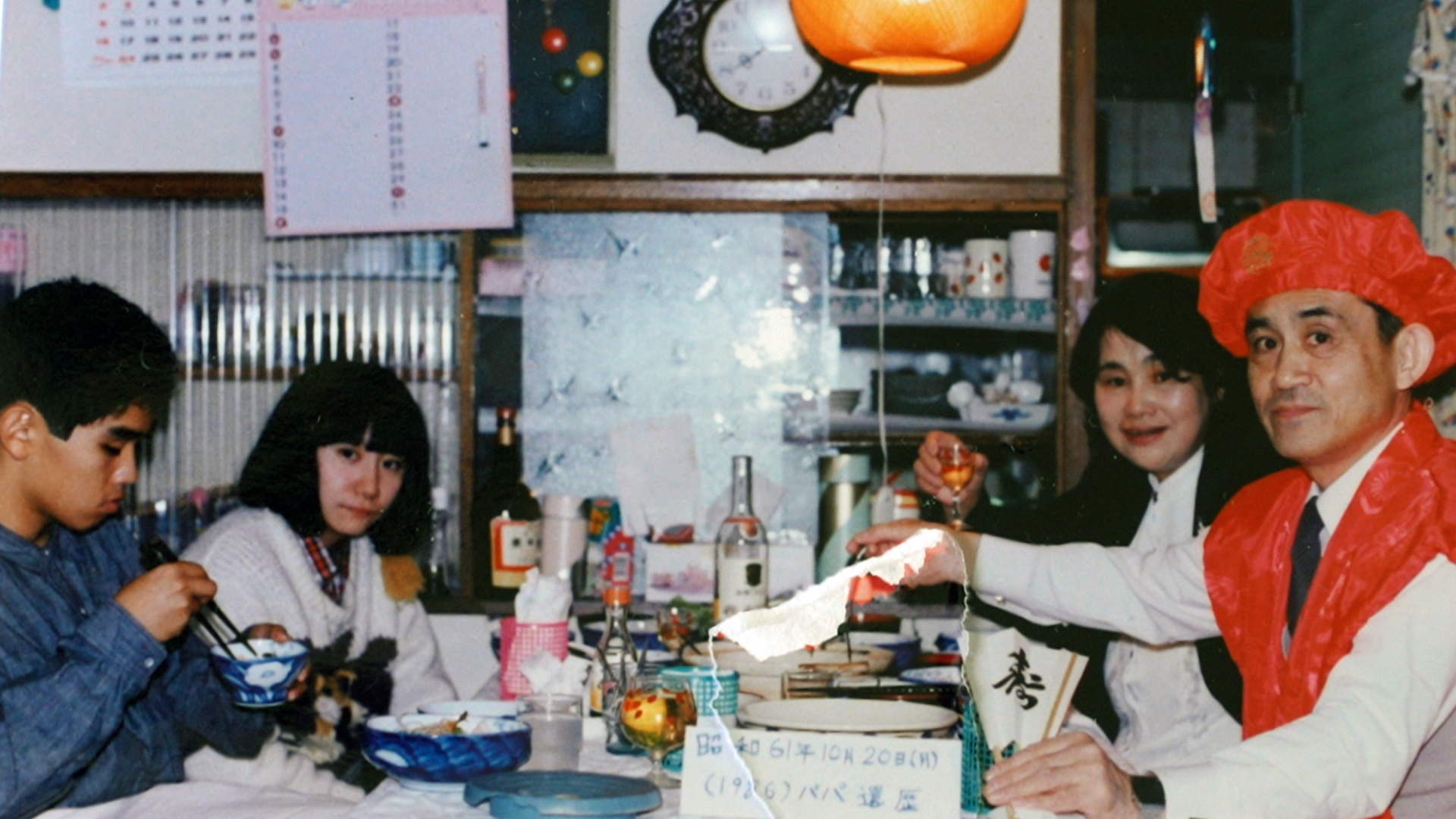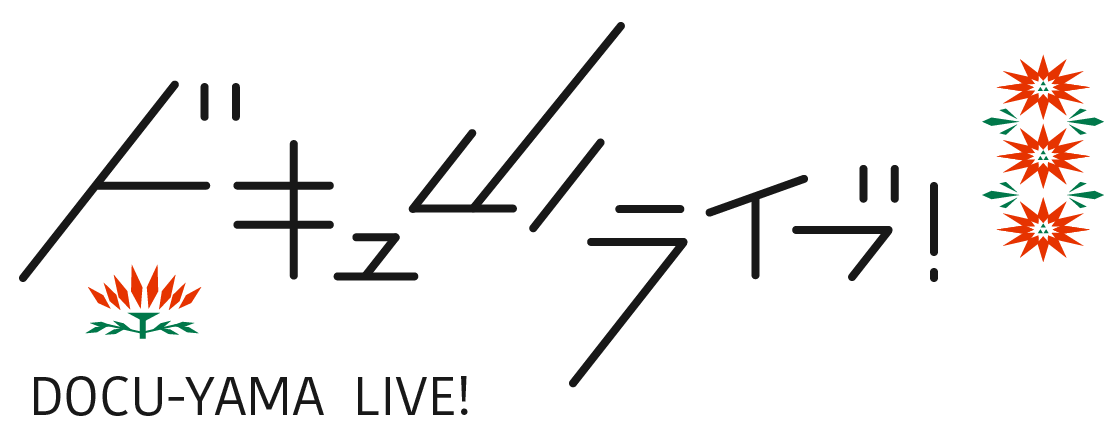 “This film is not about finding the cause of my sister’s schizophrenia. Nor is it about explaining what schizophrenia is.” It is a simple question – “what should we have done?” White text over black, presented after bone-chilling audio from one of his sister’s psychotic episodes. This is the beginning of What Should We Have Done? (dir. Fujino Tomoaki, 2023, YIDFF Perspectives Japan) a 20+–year-long exploration of how the director’s family coped with his older sister developing schizophrenia.
“This film is not about finding the cause of my sister’s schizophrenia. Nor is it about explaining what schizophrenia is.” It is a simple question – “what should we have done?” White text over black, presented after bone-chilling audio from one of his sister’s psychotic episodes. This is the beginning of What Should We Have Done? (dir. Fujino Tomoaki, 2023, YIDFF Perspectives Japan) a 20+–year-long exploration of how the director’s family coped with his older sister developing schizophrenia.
Schizophrenia – a mental illness characterized by persistent hallucinations, psychotic episodes, paranoia, and catatonia – is tragic enough in and of itself. However, it is the family’s vicious cycle of blame and denial that makes the situation truly unbearable. Both parents were highly trained medical researchers, yet their professional pretensions – compounded by societal stigma, personal shame, and mistrust of psychiatric institutions – led them to deny treatment for their daughter. His parents insisted that she was “100% healthy” and that her psychotic behavior was merely “fooling around.”
Fujino, skeptical of his parents’ conclusion, begins covertly filming his sister nine years after her first psychotic break. Knowing that his parents would not approve, Fujino plans family events as an excuse to record their daily life. At this early stage, his filming is discreet, casting oblique glances at his sister’s erratic behavior while his parents look elsewhere. Years pass, and his sister’s condition deteriorates, while the parents fluctuate between self-deceptive insistence that everything is normal and pointless arguments about who is to blame for her condition. By this time, she is essentially imprisoned in their family house – with heavily padlocked doors – to prevent her from disturbing the neighbors or injuring herself.
Fujino’s approach becomes more confrontational, aiming his camera without fear and accusing his parents of willful blindness to his sister’s suffering. However, Fujino’s questions and accusations are left unanswered. His parents repeatedly deny culpability, or nitpick decade-old conflicts about his sister’s failure to become a licensed doctor. Frustrated and desperate, Fujino confronts his sister directly, asking her how she feels about her parents and living situation. In a gentle voice, he pleads for her to answer, to say something, anything – but she remains frozen, staring back in heart wrenching silence.
After more than 25 years, when Fujino’s mother begins developing symptoms of dementia, his father finally relents and allows his sister to be hospitalized. Within just three months of treatment, his sister is determined to be healthy enough to return home. While schizophrenia can never be fully “cured,” the medication helps his sister regain much of what she had been denied over the past decades – the ability to speak and think coherently, the ability to care for herself and others, and the reclamation of her freedom and dignity.
However, just a few years after beginning treatment for schizophrenia, she is diagnosed with stage-4 lung cancer and passes away shortly afterwards. After the death of his sister and mother, Fujino confronts his father about why they postponed treating his sister’s illness. Fujino’s father admits he had suspicions that his daughter’s behavior was caused by schizophrenia, but his wife abhorred the idea of having mental illness in the family and therefore refused to accept a diagnosis or treatment. While mildly cathartic, the words feel futile – far too little, far too late.
Through two decades of suffering and senseless conflict, we realize that we have been asking the wrong questions. It is not about placing blame, nor is it about having all the answers. When faced with an unanswerable question, we can only hope for the courage to admit our ignorance and reach out – as Fujino has so bravely done – for the help of another.
Aldo Schwartz
![ドキュ山ライブ! [DOCU-YAMA LIVE!]](http://www.yidff-live.info/wp-content/themes/yidff-live_2017/images/header_sp_logo1.png)

